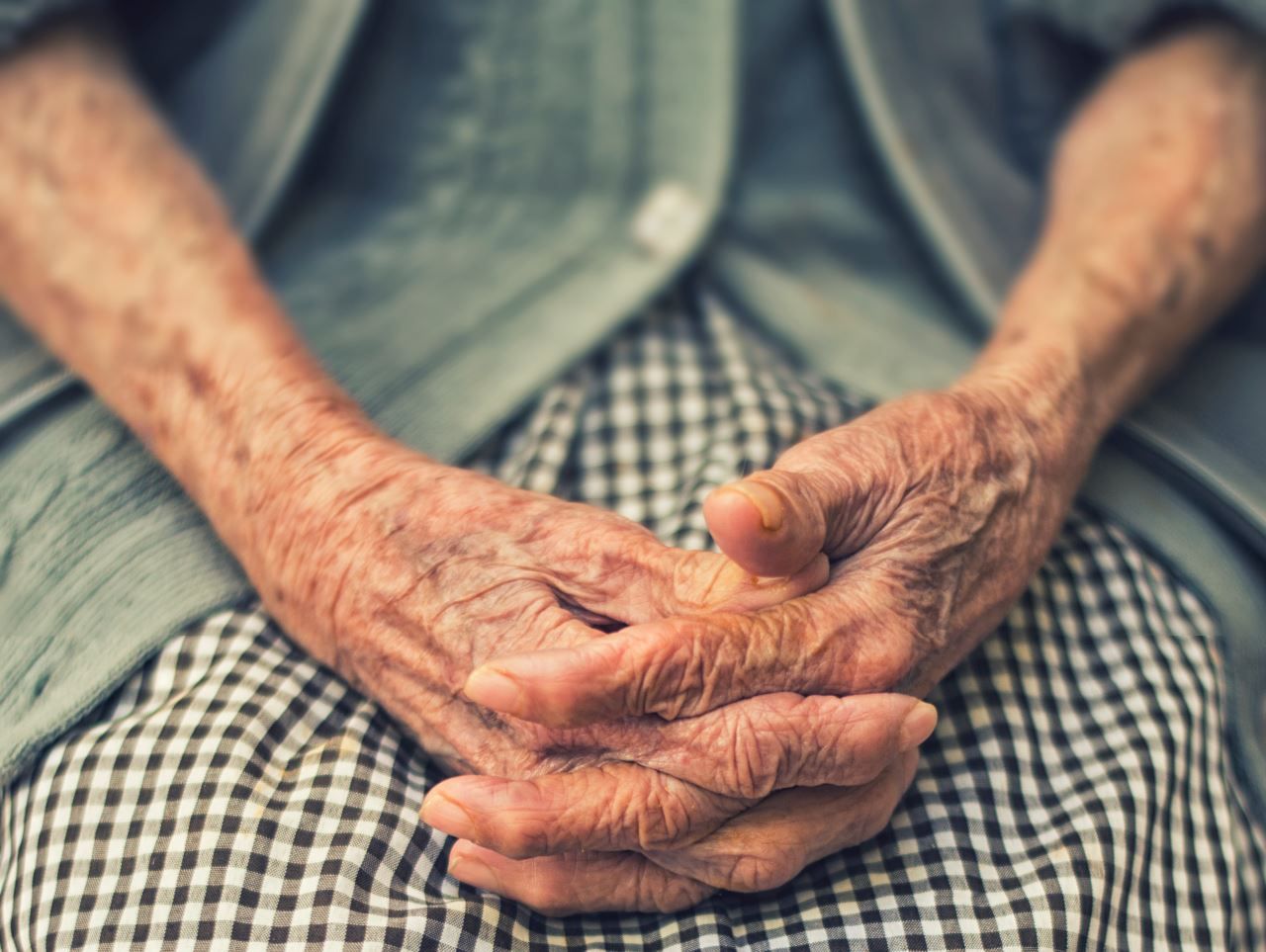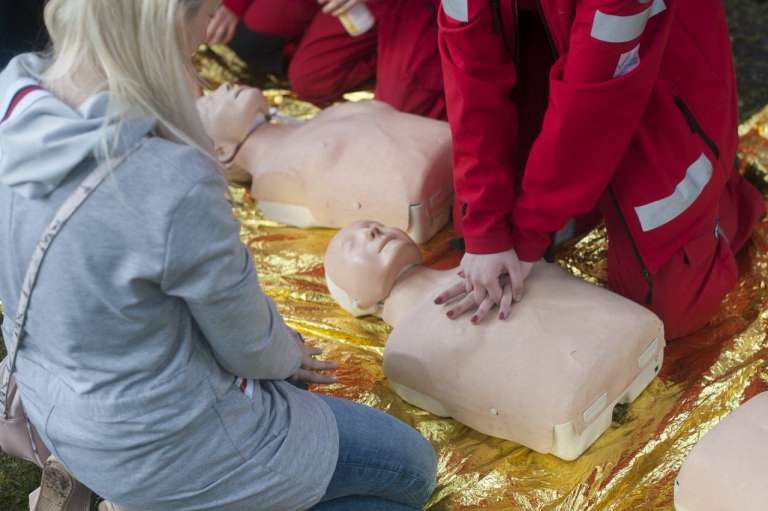A new report has revealed that more than 4 in 10 of emergency admissions to hospital from care homes could be potentially avoided. Analysis by NHS England and The Health Foundation found that improving care in care homes, better preventative primary care and community support could reduce strain on A&E by reducing hospital admissions.
The analysis reveals that nearly 1 in 12 emergency admissions to hospital are for people living in a care home, an estimated 192,000 emergency admissions each year. This makes up 7.9% of the entire number of emergency admissions.
The report concludes: ‘This shows that reducing emergency admissions from care homes has the potential to reduce pressure on hospitals.’
This news comes as the NHS rolls out the Enhanced Health in Care Homes (EHCH) initiative to improve residents’ health and reduce avoidable emergency admissions as part of the NHS Long Term Plan.
The initiative aims to give everyone living in a care home improved GP support and more visits from specialists, including dieticians and clinical pharmacists.
Announcing the EHCH in 2016, The NHS stated “across England, six vanguards are working to improve the quality of life, healthcare and planning for people living in care homes. The evidence suggests that many of these people are not having their needs properly assessed and addressed.”
The new analysis highlighted four care home sites where local NHS initiatives using elements from the EHCH model were found to have reduced emergency hospital admissions by around a quarter.
There were 23% fewer emergency admissions at a site in Rushcliffe than a comparison group, while care homes in Nottingham City and Wakefield saw 27% fewer potentially avoidable admissions. Results from a care home in Sutton were inconclusive.
Professor Alistair Burns, national clinical director for dementia and older people’s mental health at NHS England, said: “We are rolling out extra support to care homes to reduce unnecessary medication and strengthen the ties between GPs and care homes.”
Adam Steventon, director of data analytics at the Health Foundation, said: “Emergency admissions to hospital can expose care home residents to stress, loss of independence, risk of infection and rapid muscle deterioration. Around 70% of care home residents have dementia and can find the hospital environment even more stressful and disorienting as a result.
“Reducing avoidable emergency admissions and A&E attendances is good for residents and will help reduce pressure on the NHS.”
He continued: “Our evaluations show that by increasing NHS support and improving partnership working with care homes it is possible to reduce emergency admissions to hospital and A&E visits among care home residents, and local sites have made good progress on integrating services, despite real pressures in social care.
“However, further progress may be jeopardised without urgent reform of, and investment in, social care. The NHS Long Term Plan rightly identifies that both the wellbeing of older people and pressures on the NHS are linked to how well social care is functioning.”





